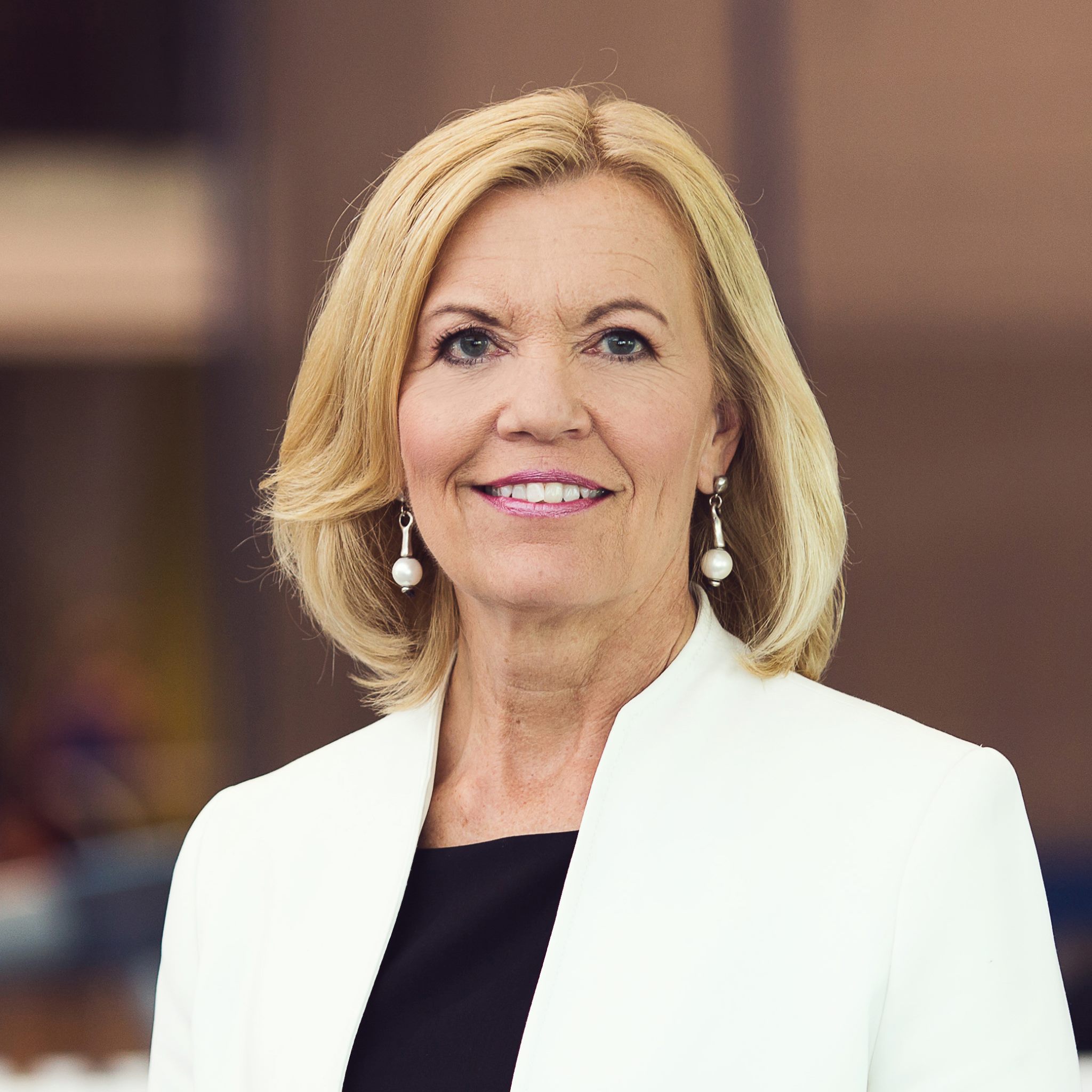Canada News
Government funding cut a financial blow for Ontario midwives, association says

Ontario Health Minister Christine Elliott was unavailable for an interview Friday to explain why the college’s funding was suddenly terminated. (File Photo: Christine Elliott/Facebook)
TORONTO — The association representing Ontario midwives is “very disappointed” about the province’s decision to cut funding to the birth practitioners’ regulatory college, saying the already underpaid workers will likely see a jump in professional fees to help cover the shortfall.
“Midwives really do shoulder a proportionally higher burden of professional fees through our regulatory college to begin with,” Elizabeth Brandeis, president of the Association of Ontario Midwives, said Friday. “So this cut of government support really does put that extra burden on midwives.”
Brandeis was reacting to a statement by the College of Midwives of Ontario on its website Thursday that the Ministry of Health and Long-Term Care would no longer provide it with operational grants.
The college said it has received annual grants from the ministry for 25 years and the loss of this funding creates a “significant” budgetary shortfall and will force it to operate with a deficit until at least 2021.
In 2017-2018, the college received $799,415 from the Health Ministry — about one-third of its budget — and had requested an operational grant for the coming fiscal year of $750,553.
On Nov. 8 the college was informed the grant was being cancelled.
Ontario Health Minister Christine Elliott was unavailable for an interview Friday to explain why the college’s funding was suddenly terminated.
However, Elliott’s press secretary said via email that the Progressive Conservative government under Premier Doug Ford was elected to transform the health-care system “and put it on a sustainable path for the future.
“Our government values the contributions of Ontario’s midwives and the care they provide to expectant families, and will continue to listen to patients and the people who plan and work on the front lines of our health-care system,” Hayley Chazen said.
Along with cost-cutting measures, the college conceded that midwives will likely have to pay higher professional fees to overcome the funding shortfall. Currently, members pay about $2,200 annually. Any increase will be decided by the college council at its next meeting in March, with the fee due upon registration renewal in October.
Despite the setback, the college maintained there will be no impact on women who use midwives for pre-natal, delivery and post-partum care, as midwifery services are mandated by law and cannot be reduced.
Midwives work in about 100 communities across the province and deliver about 15 per cent of babies born in Ontario, the association says.
But Brandeis said there is already far greater demand for services than the province’s 956 registered midwives can provide. “We know upward of 25 to 40 per cent of people who want to have a midwife can’t currently access a midwife.”
Bumping up professional fees will mean an additional financial burden to midwives — a mostly female workforce — who are already considered inadequately paid, Brandeis said.
In September, her association won a landmark pay-equity case when the Ontario Human Rights Tribunal ruled the government had discriminated against midwives based on gender. The association had argued the gender pay-equity gap for Ontario’s midwives is at least 48 per cent, compared to other primary health-care providers who also provide low-risk pregnancy, delivery and post-birth care to women. The Canadian pay-equity average is 26 to 30 per cent.
The Ford government is appealing the decision.
“So the combination of inequitable pay and higher professional dues really does create a tremendous stress on midwives,” said Brandeis, who’s also a practising midwife in Toronto.
The loss of government funding in Ontario is in stark contrast to a boost for midwifery announced earlier this week by the Alberta government. Health Minister Sarah Hoffman said midwives who complete additional training will be allowed to broaden their scope of practice, including prescribing a wider range of prescription drugs and contraceptives, inducing labour and using ultrasounds to determine fetal position.
Alberta has also increased funding for midwifery services by $11 million over the last three years, bringing the total to $49 million.
Meaghan Grant, co-owner of Toronto Family Doulas, said she’s concerned that the extra financial burden caused by Ontario’s pullback of funding to the midwives’ college could drive some of her allied birthing practitioners from Ontario to other provinces, such as Alberta.
Doulas, who are not regulated by the college, are non-medical birth companions who assist and emotionally support a woman before, during and after childbirth. They do not deliver babies as midwives do.
“My concern is there will be an exodus, and we’re already in a situation where prenatal care is extremely difficult for people to get access to; it can be very hard to find an (obstetrician) even, and midwives are turning away clients because there are more people who want midwives than midwives can take,” said Grant.
“We are running the risk of losing not only an obstetrical and maternity, labour and delivery need, but also the group that often focuses on the most disadvantaged and the most unsupported people in our society,” she added, referring to refugees, immigrants and low-income Canadians.





















